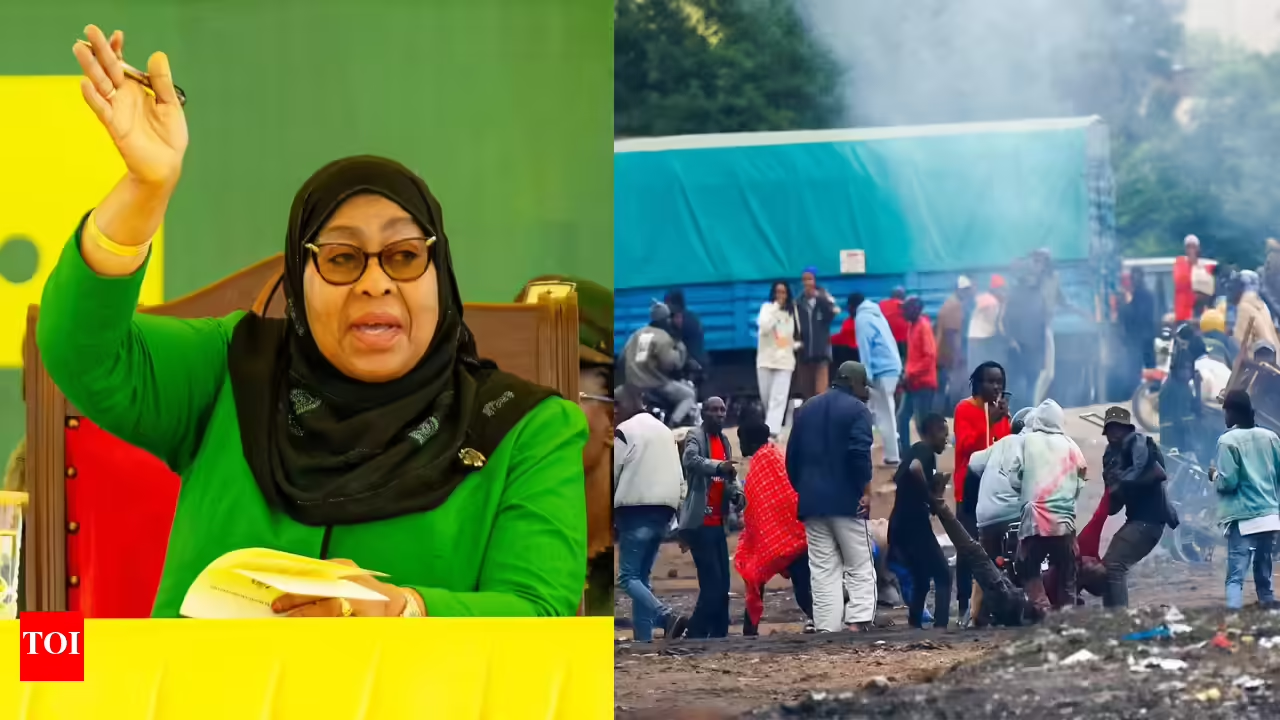Tanzania is witnessing heightened political tension after President Samia Suluhu Hassan was declared the winner of the country’s recent general election. The announcement has triggered disputes from opposition parties, who allege widespread irregularities and claim the results do not reflect the will of the people.
According to local reports, several polling stations across the country experienced disruptions, delayed ballot deliveries, and restrictions on election observers. Opposition figures have accused the ruling Chama Cha Mapinduzi (CCM) party of manipulating the vote count and intimidating voters in key regions. The government, however, insists that the elections were conducted fairly and peacefully.
Adding to the turmoil, internet access was severely limited during the final stages of the vote counting process. Citizens reported being unable to access social media platforms and messaging services, raising suspicions that authorities were attempting to restrict information flow. Officials later defended the move, citing “national security reasons” and the need to prevent the spread of false information.
Opposition leader Tundu Lissu, who contested against Hassan, rejected the official results and described the election as “deeply flawed.” He called on his supporters to remain calm but urged for continued pressure to ensure transparency and accountability.
In her victory speech, President Hassan thanked Tanzanians for their participation and called for unity. She pledged to continue her focus on economic development, education, and infrastructure, urging the nation to move forward together.
However, many citizens and political analysts believe the government now faces a major test of credibility. The disputed election, internet shutdown, and opposition backlash have raised questions about the state of democracy in Tanzania.
As protests spread across major cities and opposition leaders demand independent investigations, the nation stands at a critical juncture — torn between a call for stability and a push for genuine democratic reform.
















Leave a Reply